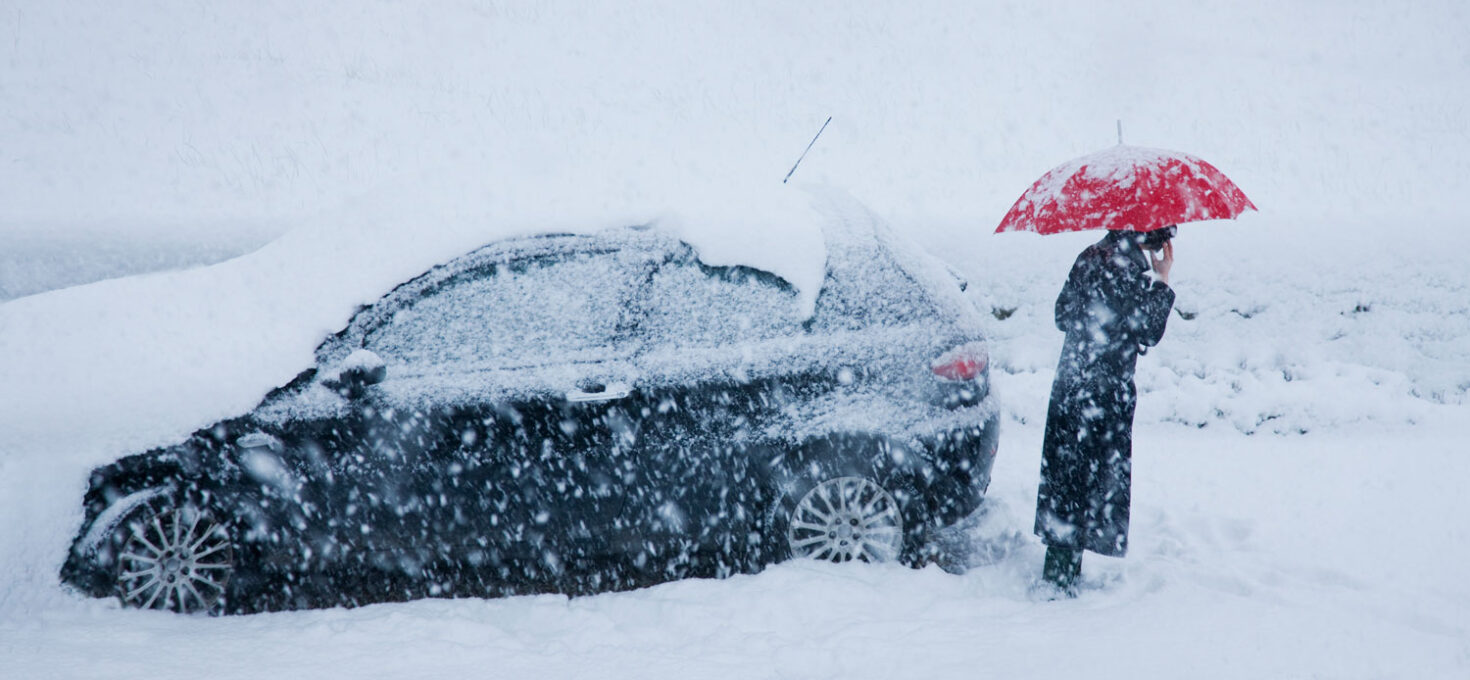Winter conditions can severely affect vehicles, presenting several challenges for drivers. Here’s what you should be vigilant about during the chilly season.
Diminished Battery Performance
The cold can significantly reduce your vehicle’s battery efficiency. Starting your car might require more effort on frosty days, as the battery operates at only 40%-75% of its usual capacity under freezing temperatures.
Electric and hybrid vehicles might also experience slower charging during winter. The frigid temperatures deplete battery power, reducing overall performance.
Frozen Components and Fluids
Various vehicle parts and fluids are at risk of freezing in cold weather. Elements such as windshield wipers and door locks might get stuck, while fluids like oil could turn solid, leading to potential operational issues.
Reduced Tire Pressure
Lower temperatures cause the air inside tires to contract, decreasing pressure. Regularly checking tire pressure during cold spells is crucial to avoid the risks of under-inflated tires.
Risk of Corrosion
Driving on salted roads without cleaning your vehicle can lead to rust and corrosion, particularly on the undercarriage. Additionally, spark plugs can corrode in cold weather, potentially leading to engine problems.
Urgent Repairs and Maintenance
Promptly addressing any winter-related damages to your vehicle is essential. For repairs or advice on winter car care, consider contacting a trusted automotive service provider like Ken Scales Automotive.
The post Winter’s Impact on Vehicles appeared first on Ken Scales Automotive.
